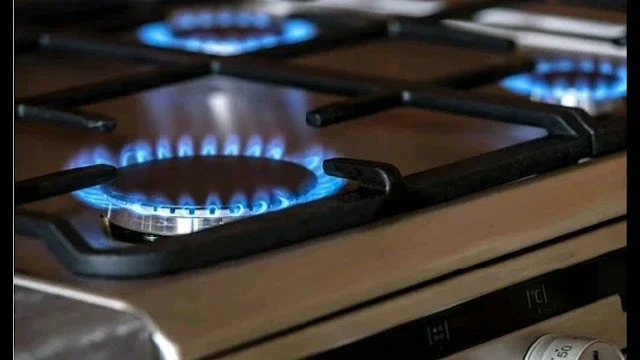Based on your location, there is a possibility of either electric or gas-powered appliances. When you decide to switch from one type to the other, look at this article to assist you in making an informed choice.
Gas appliances generally result in lower operating expenses as well as more efficient utilization of energy for heating. Electric devices usually have a higher price at the beginning cost, but they last longer in the long run. In reality, running a natural gas line into your residence may not be a viable option, as alternatives such as propane, butane, and Liquified Petroleum don't have the same price.
Beyond the complexities of installing and running expenses, let's look at the advantages of gas compared to electrical appliances.
A Comparative Efficiency Analysis between Gas and. Electric Appliances
Comparing electric and gas appliances may feel like comparing apples with oranges. It is helpful to consider the differences in terms of numbers:
The cost of the product. Electric cars tend to be less expensive to purchase than gas ranges and cost around $400-$1,800. Gas ranges average between $460-2,300. Other appliances of the major brands are the same way, and gas ranges cost just a bit less.
Costs of getting the installation of a brand new gas line as well as a dedicated circuit. If your house doesn't have a gas line supporting the new appliance, having it installed could be prohibitive. The typical gas line costs around $20 to $30 per foot but can range from $75 per foot, depending on the location. For instance, adding the latest electrical appliances might require the installation of a separate circuit. This can be priced between $150 and $5000. The majority of electrical systems have been designed to accommodate the latest appliances.
Costs of operation. In most areas, natural gas will cost less than electricity to run your appliances. A typical gas stove is about 10%-30% less than an electric stove. As time passes, the savings could offset the initial price of a brand-fresh gas line.
Efficiency overall. Appliances that use gas consume much less power than electric ones. The overall result is that the cost of natural gas will be much lower than your electric cost when it comes to heating appliances, particularly in regions with higher electricity bills. For stoves, the most efficient type is the one that uses induction.
Answers to the most frequently asked questions about the difference between gas and. Electric:
Are gas-fired stoves better than electricity?
When it comes to heat loss, there is no. An electric stove has greater efficiency in heat transfer than a gas-powered stove, while an induction cooktop is the most effective option in general. For operating costs, however, gas cooktops are usually less expensive since they can heat quicker and evenly, resulting in less time spent using them.
Is a gas or an electric dryer more efficient?
The answer is contingent on which dryer you purchase. Gas dryers typically consume around 3,200 watts an hour (or 3.2 Kilowatt hours), and the electric dryer uses between 1,800 and 5000 watts an hour. But, because natural gas is generally more affordable, it typically will cost less for a dryer running on gas than an electric one.
Are one or the other simpler to repair?
Electric appliances tend to be simpler to set up and maintain as gas appliances are equipped with unique parts, such as the gas intake system. Connect appliance repair experts with Appliance Tech Pros for further information about these two kinds of appliances.



